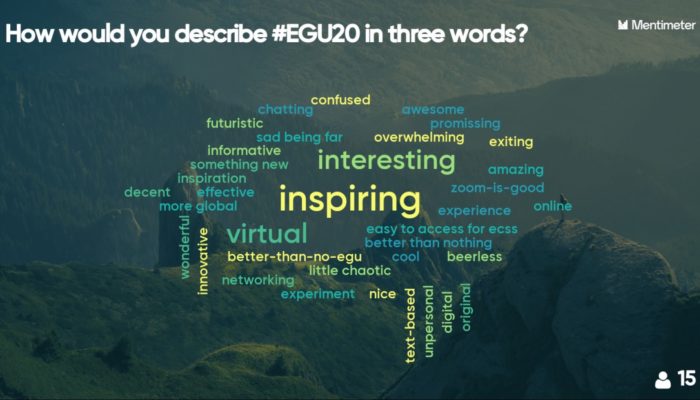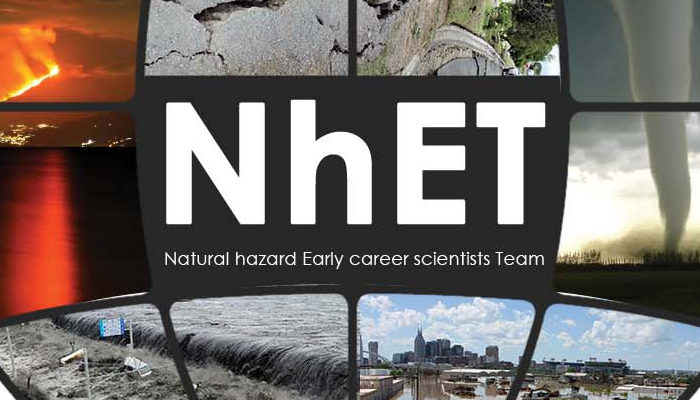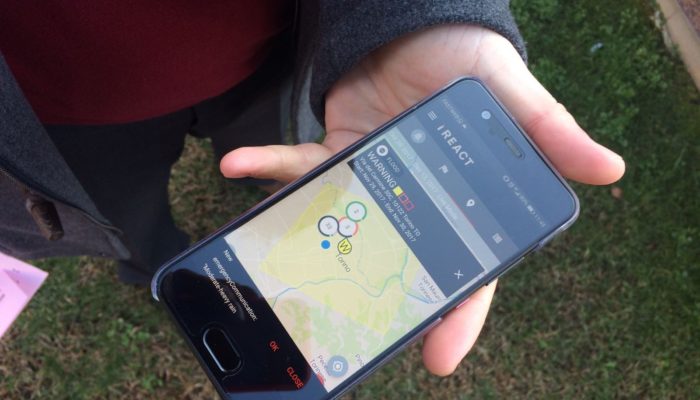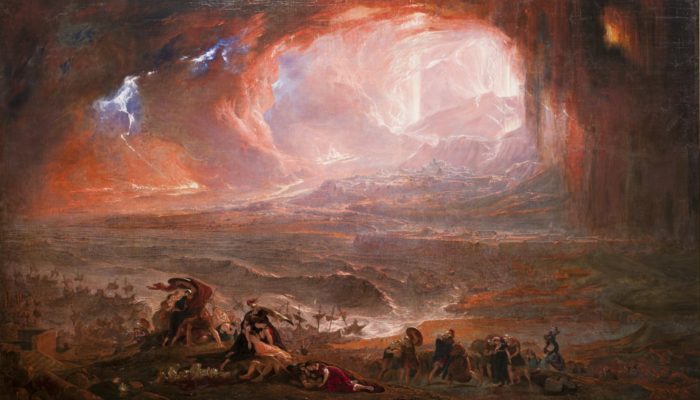It’s 2020 and a new coronavirus has spread all over the world-changing most if not all our habits. In a few weeks, we’ve seen adaptations to living in a world with this pandemic, from many points of view. Science reacted and adapted very quickly, sharing research and opening dialogues using online tools. Similarly, the EGU General Assembly that usually hosts every year around 15,000 people i ...[Read More]
#shareEGU20 afterthoughts about virtual conferencing




